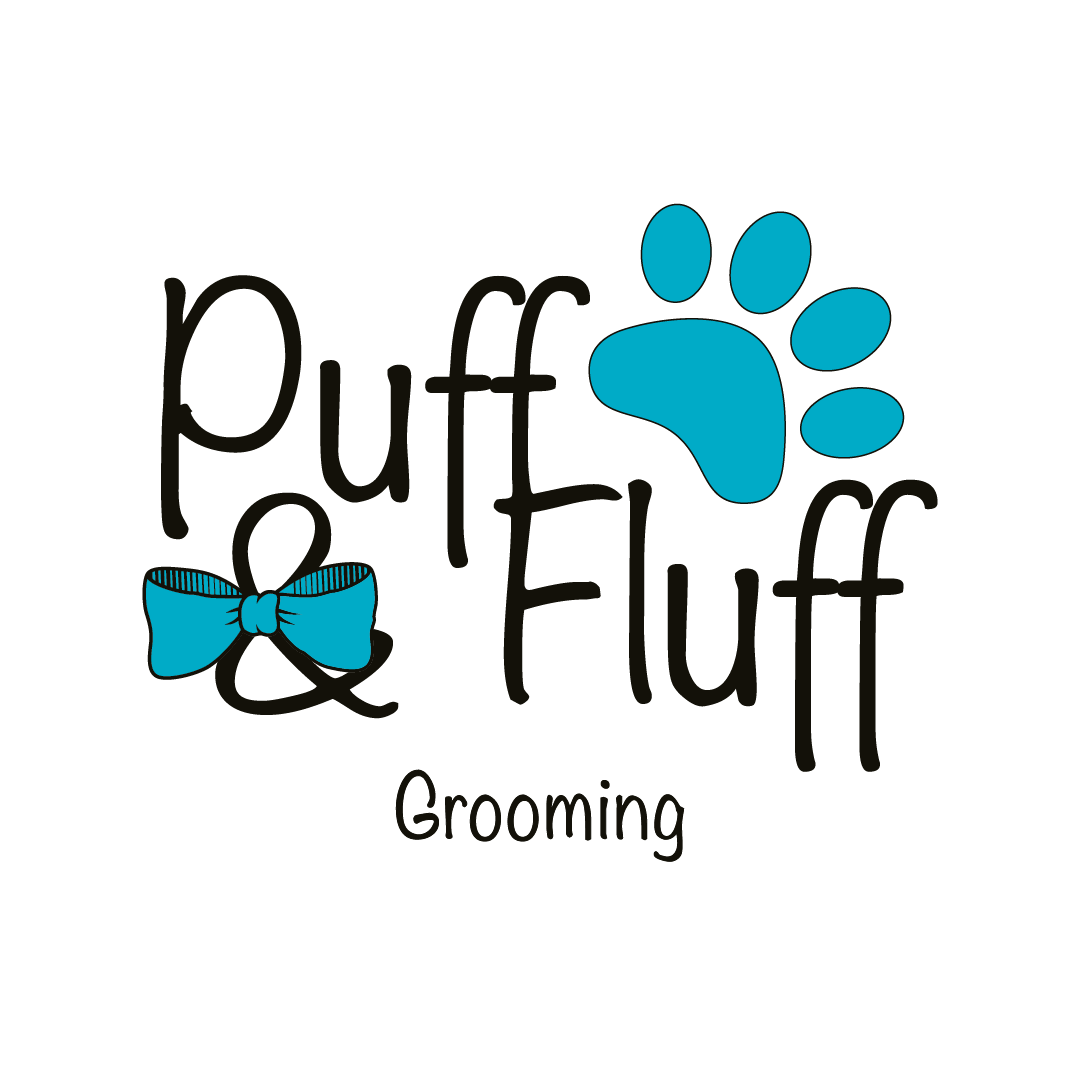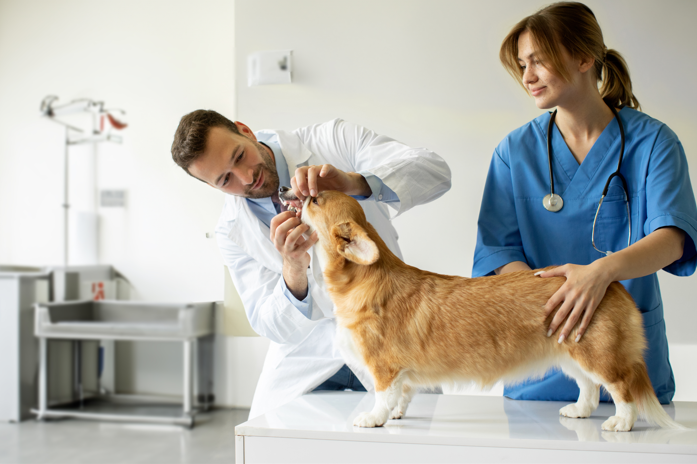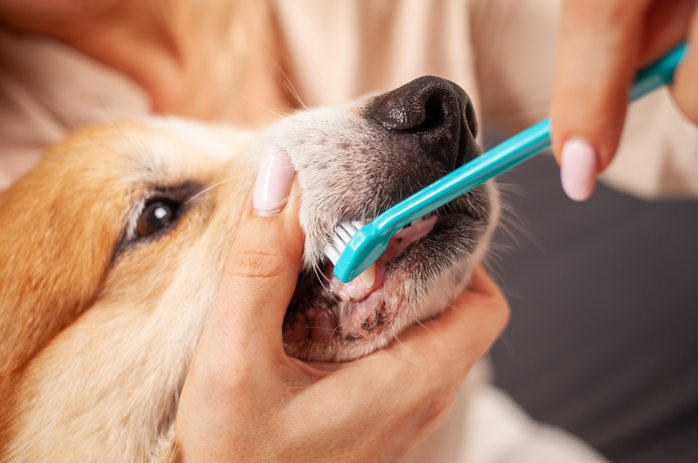Does your furry friend turn away from their favorite kibble or chew toy? Have you noticed their breath isn’t quite as fresh as it used to be? These could be signs of underlying dental problems that affect a significant portion of pets.
Maintaining good dental hygiene is essential for your pet’s overall well-being, but it’s often overlooked. Just like humans, pets’ oral health is directly connected to their systemic health. Dental issues left untreated can lead to serious health problems down the road.
Brushing your pet’s teeth might seem like a challenge, and the cost of dental procedures can be a concern. This article provides practical solutions and emphasizes preventative measures you can take at home to keep your pet’s smile healthy and bright. In the following sections, you’ll learn the benefits of good dental hygiene for pets, common dental problems they face, and the best practices you can incorporate into your pet’s routine to ensure optimal oral health.
The Benefits Of Good Dental Health
Keeping your pet’s smile healthy goes beyond fresh breath and pearly whites. Below are surprising ways good dental hygiene contributes to your pet’s overall well-being and happiness.
Improved Overall Health
Healthy teeth and gums play a critical role in your pet’s ability to eat comfortably and live a pain-free life. Just imagine trying to chew on a kibble or a favorite chew toy with sore or inflamed gums. It’s painful. Dental problems can make eating difficult and discourage your pet from getting the vital nutrients they need.
Beyond discomfort, poor dental health allows harmful bacteria to build up in your pet’s mouth. Common culprits include Porphyromonas, associated with gum disease, and Capnocytophaga canimorsus, which, though usually harmless, can cause severe infections in people with weakened immune systems. Additionally, bacteria like Pasteurella multocida are often found in pet saliva and can cause skin and soft tissue infections if transmitted through bites or scratches.
These bacteria don’t stay put. They enter the bloodstream through inflamed gums and can travel throughout the body, potentially infecting vital organs like the heart, liver, and kidneys.
There’s a link between untreated dental disease and serious health problems in pets. Regular dental care helps keep your pet’s mouth healthy and reduces the risk of these complications. Veterinary clinics like sunnysidevetclinic.com or others near you can offer personalized insights into improving your pet’s dental health.
Fresh Breath And Reduced Discomfort
Kissing pets is a common way to express affection and bond with them. It releases oxytocin, the “love hormone,” in both humans and animals, strengthening emotional connection. For many, it’s a natural extension of showing love to family members. Some pets even enjoy and reciprocate the gesture, further reinforcing the bond. However, it’s important to be mindful of hygiene and consider the pet’s comfort level with this type of interaction.
But have you ever wondered why your pet’s kisses aren’t exactly minty fresh? Bad breath, also known as halitosis, is a common sign of dental problems in pets. Just like in humans, plaque and tartar buildup on teeth harbor odor-causing bacteria. Regular dental care helps freshen your pet’s breath and makes snuggle time more enjoyable for everyone.
More importantly, good dental hygiene helps prevent the pain associated with gum disease and tooth decay. The discomfort and pain of a toothache or swollen gums isn’t something you’d want your pet to go through.
Pets experiencing dental pain often suffer silently, as they instinctively hide signs of weakness. However, subtle behavioral changes can signal their discomfort. They might become reluctant to eat, especially hard kibble, or drop food while chewing. You may notice excessive drooling, pawing at the mouth, or bad breath. Some pets become irritable or withdrawn, while others may vocalize their pain through whimpering or yelping.
These signs shouldn’t be ignored, as untreated dental problems can escalate, leading to tooth loss, infection, and even systemic health issues. Regular dental care helps keep your pet’s mouth healthy and prevents them from experiencing this pain.
Increased Lifespan
There’s a connection between good dental care and a longer lifespan for pets. Just like in humans, untreated dental disease can lead to serious health problems that can shorten your pet’s life. Regular dental checkups and preventive care at home can help identify and address dental issues early on, promoting your pet’s overall health and potentially adding years to their life. Think of it as an investment in a longer, happier life for your furry companion.
Improved Appetite And Digestion
Dental problems can make eating a painful experience for your pet. Inflamed gums, loose teeth, and even toothaches can discourage them from chewing kibble or enjoying their favorite treats. Regular dental care helps keep your pet’s mouth comfortable, allowing them to eat with ease and promoting proper digestion for optimal nutrient absorption. A healthy mouth translates to a happy eater with a healthy digestive system!
Better Behavior And Mood
Discomfort caused by dental problems can make pets irritable and grumpy. Imagine a throbbing toothache affecting your mood – it’s no fun! Preventing dental issues and keeping your pet’s mouth comfortable promotes their overall well-being and happiness. A healthy pet is a playful pet, and good dental care goes a long way in ensuring your furry friend feels their best and exhibits positive behavior.
Investing in your pet’s dental health isn’t just about fresh breath and a sparkling smile. It’s about ensuring their overall well-being and setting them up for a long, healthy life.
Potential Dental Problems in Pets
Unfortunately, dental problems are a common concern for pet owners. Below are some of the most frequent dental issues pets face, along with their warning signs, to help you keep your furry friend’s smile healthy:
Periodontal Disease
Periodontal disease is the most common dental problem affecting pets. It starts with gingivitis, an inflammation of the gums caused by plaque buildup. If left untreated, gingivitis can progress to periodontitis, a more serious condition that damages the tissues and bones supporting the teeth.
This can lead to tooth loss, jawbone problems, and even systemic health issues as bacteria enter the bloodstream.
In addition to red, swollen gums, bad breath, and difficulty chewing, pets with periodontitis may show other signs. These include:
- Pain while eating: Your pet may yelp or whimper, drop food, or be reluctant to eat.
- Excessive pawing at the mouth: This is often a sign of discomfort.
- Loose or discolored teeth: As the disease progresses, teeth may become loose and fall out.
- Facial swelling or abscesses: If the infection spreads, it can cause swelling or abscesses in the face or jaw.
Early detection and treatment are crucial to prevent the progression of periodontal disease and protect your pet’s overall health.
Tooth Decay
Just like humans, pets can also get cavities. Sugary treats, kibble buildup on teeth, and dental problems like gingivitis can all contribute to tooth decay. Early signs might be subtle, like discolored teeth or bad breath. However, if left unchecked, tooth decay can lead to painful abscesses and even tooth loss. Regular dental checkups and vigilance at home are key to catching tooth decay early on when treatment is easier and less invasive. Remember, prevention is always better than cure!
Other Dental Issues
Besides periodontal disease and tooth decay, other dental problems can affect pets. Chewing on hard objects can cause broken teeth, which can be painful and require veterinary attention. Pets chew on hard objects for various reasons, including boredom, anxiety, teething (in puppies), and the natural instinct to gnaw and explore their environment through their mouths.
Loose teeth can be a sign of periodontal disease or injury and should be checked by a veterinarian. Misaligned teeth, while uncommon, can sometimes occur and may require dental correction. If you notice any of these issues, consult your veterinarian to determine the best course of treatment for your pet.
Best Practices For Maintaining Pet Dental Health
Now that you understand the importance of dental health, you can explore practical strategies you can incorporate into your pet’s routine to keep their teeth and gums sparkling clean and healthy.
Veterinary Checkups And Professional Cleanings
Just like your own dental hygiene routine, regular professional cleanings are essential for your pet’s oral health. Schedule annual dental checkups with your veterinarian. These checkups allow your veterinarian to examine your pet’s teeth and gums for signs of problems like periodontal disease or tooth decay.
Early detection is key! If necessary, your veterinarian will recommend a professional cleaning under anesthesia. Cleaning removes plaque and tartar buildup that brushing alone can’t reach, preventing future dental issues. Think of it as a deep clean for your pet’s smile!
Toothbrushing
Daily toothbrushing is the gold standard for maintaining good pet dental health. It might sound challenging, but with patience and the right technique, you can make it a positive experience for your pet.
First, choose a pet-friendly toothpaste formulated without fluoride, which is toxic to pets. Many flavored toothpastes are available in flavors like poultry or peanut butter to entice your furry friend. Start by gently rubbing a small amount of toothpaste on your pet’s gums using your finger or a pet toothbrush. Gradually introduce the toothbrush, letting your pet get comfortable with the sensation.
Once comfortable, use gentle strokes to brush your pet’s teeth, focusing on the areas where the teeth meet the gums. Brushing time doesn’t need to be long; even 30 seconds twice a day can make a difference. Reward your pet with praise and a healthy treat after each brushing session.
Dental Diets And Treats
There are specially formulated dental diets and chews available that can help reduce plaque and tartar buildup. These diets often contain crunchy kibble that helps scrape away plaque as your pet chews. Dental chews come in various textures and flavors and are designed to promote chewing, which naturally helps clean teeth.
Look for the Veterinary Oral Health Council (VOHC) seal of approval on dental diets and chews, which ensures they meet specific standards for promoting oral health. While dental diets and chews can be a valuable addition to your pet’s dental care routine, they shouldn’t replace daily brushing.
Dental Toys
Provide your pet with appropriate dental toys to satisfy their natural chewing instinct and promote oral health. Choose durable rubber or nylon toys designed specifically for chewing. These toys often have ridges or grooves that help scrape away plaque as your pet chews. Not only do dental toys help keep your pet’s teeth clean, but they also provide mental stimulation and help prevent destructive chewing behavior. Supervise your pet during playtime with any chew toy and replace it when it becomes worn or damaged.
Incorporating these best practices into your pet’s routine ensures their teeth and gums stay healthy for years to come. Remember, consistency is key! Regular dental care at home combined with professional cleanings from your veterinarian will give your pet a fighting chance against dental disease and keep their smile healthy and bright.
Prevent Pets From Chewing Hard Objects
To prevent pets from chewing on hard objects, consider the following strategies:
- Provide appropriate chew toys: Offer a variety of safe and enticing chew toys that cater to your pet’s age, size, and preferences.
- Rotate toys: Keep things interesting by regularly rotating toys to prevent boredom.
- Supervise playtime: Monitor your pet during play to redirect them towards appropriate toys if they start chewing on something they shouldn’t.
- Manage anxiety: If anxiety is a trigger, address the underlying cause through training, environmental enrichment, or in consultation with a veterinarian.
- Puppy-proof the environment: Remove or secure any potentially dangerous items that puppies might chew on during teething.
- Training and positive reinforcement: Teach your pet to chew on their own toys and reward them for doing so.
- Deterrents: Apply taste deterrents to objects you don’t want your pet to chew on.
Understanding the reasons behind your pet’s chewing behavior and implementing these strategies helps them develop healthy chewing habits and protect their dental health.
Conclusion
Just like your own smile, your pet’s dental health is a window into their overall well-being. Prioritizing good oral hygiene freshens their breath and sets them up for a longer, healthier, and happier life. Regular dental care helps prevent painful dental problems, reduces the risk of serious health complications, and keeps your furry friend comfortable enough to enjoy all the fun life has to offer. Imagine years of playful fetch sessions, delicious kibble crunching, and slobbery kisses without worrying about dental woes!
Going the extra mile for your pet’s oral health shows you care. Consider scheduling more frequent dental checkups for senior pets, as they’re more prone to dental issues. Talk to your veterinarian about oral rinses designed specifically for pets (with their approval, of course) for an added layer of plaque defense.
Remember, a healthy mouth equals a healthy pet, and a healthy pet means more happy moments and memories together. So, grab that pet toothbrush, stock up on dental treats, and get ready to give your furry companion the gift of a sparkling smile and a lifetime of good health!
Images


